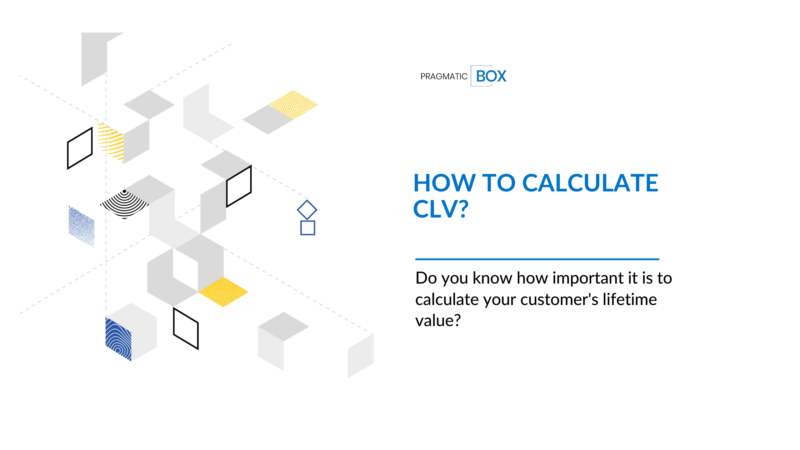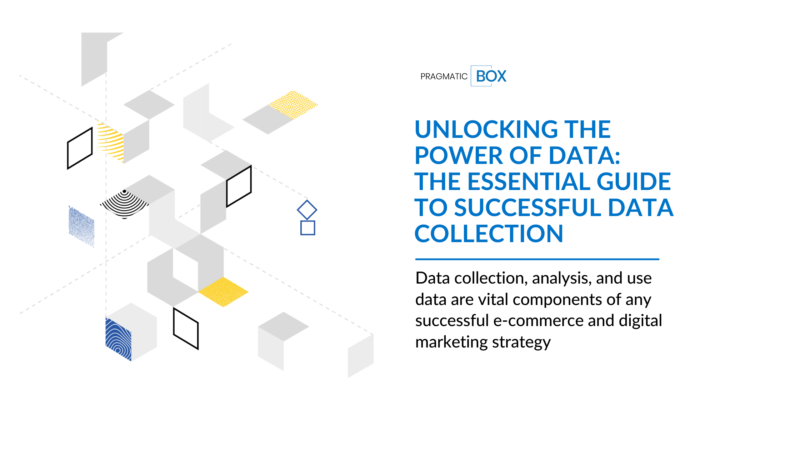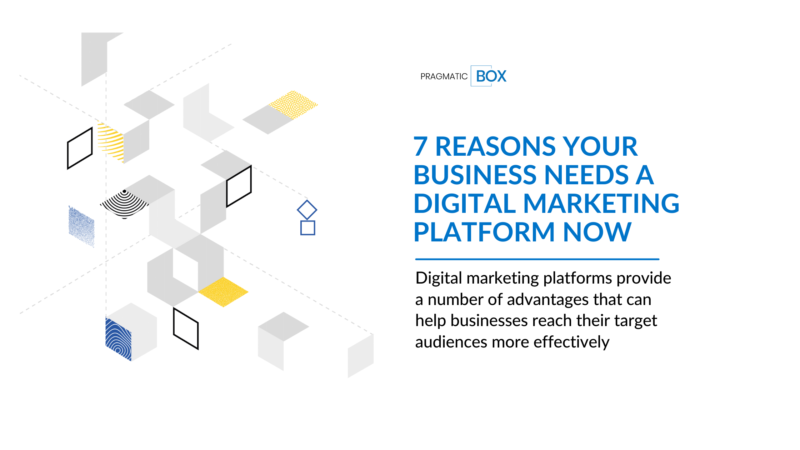When it comes to online marketing, there are a variety of options to choose from. Among the most popular is affiliate marketing, which can be a great way to generate traffic and sales for your business. But is affiliate marketing legit? And more importantly, is it a good fit for your company? In this post, we’ll take a look at what affiliate marketing is, how it works, and whether or not it’s the right strategy for you. We’ll also discuss some tips for getting started with affiliate marketing. So if you’re curious about this form of marketing, read on!
What is affiliate marketing and how does it work?
Affiliate marketing is a type of performance-based marketing in which a business rewards one or more affiliates for each visitor or customer brought by the affiliate’s own marketing efforts. The industry has four core players: the merchant (also known as ‘retailer’ or ‘brand’), the network (that contains offers for the affiliate to choose from and also takes care of the payments), the publisher (also known as ‘the affiliate’), and the customer. The market has grown in complexity to include a variety of different players, including network operators, super-affiliates, and specialized third parties vendors.
How does affiliate marketing work? When a customer clicks on an affiliate link and makes a purchase, the affiliate earns a commission. Affiliates are paid either according to a fixed cost per acquisition (CPA) model, or more commonly, a revenue sharing model where they earn a percentage of sales revenue generated from their referrals. In order for affiliates to be paid, they must first generate sales for the merchant. A wide variety of methods can be used to promote products through affiliate marketing, including search engine optimization (SEO), content marketing, Pay Per Click (PPC) advertising, and email marketing.
Affiliate marketing has grown rapidly since its inception. Merchants are now able to target specific customers with offers that are most likely to convert into sales. Through the use of tracking technologies and an improved understanding of consumer behavior, affiliates are able to tailor their promotion methods to maximize their earnings. As the industry continues to grow, it is expected that more businesses will start using affiliates to reach their target audiences.
The benefits of affiliate marketing
Affiliate marketing is a type of performance-based marketing in which a business rewards one or more affiliates for each visitor or customer brought by the affiliate’s own marketing efforts. Although the foundations of affiliate marketing are built on cost-per-action (CPA) and cost-per-lead (CPL) models, modern affiliate marketing has shifted to a performance-based model. The key to successful affiliate marketing is selecting the right affiliates. Affiliates should be carefully chosen to ensure that they are able to promote the products or services in an effective and engaging manner. Furthermore, affiliates should be selected based on their alignment with the brand and their ability to reach the target audience. When done correctly, affiliate marketing can be an extremely effective way to generate leads and sales.
How to check is affiliate marketing legit?
Affiliate marketing is a growing industry, and with it comes the risk of fraud. There are a few steps you can take to protect yourself from fraudulent publishers. First, use an antifraud platform to screen publishers and only work with those who have passed the verification process. Second, check publisher websites carefully for red flags that may indicate fraud, such as fake reviews or missing contact information. Finally, stay up to date on the latest affiliate marketing news and scams so you can quickly identify and avoid any new fraudulent activity. By taking these precautions, you can help keep your affiliate marketing business safe from fraud.
The risks of affiliate marketing
Affiliate marketing is a type of performance-based marketing in which a business rewards one or more affiliates for each visitor or customer brought by the affiliate’s own marketing efforts. Although affiliate marketing can be a great way to generate leads and sales, it also comes with a few risks. For example, some affiliates engage in fraud by cookie stuffing or domain spoofing. Others engage in toolbar injection, which can create security vulnerabilities. As a result, businesses must be careful when selecting and monitoring their affiliates to ensure they are legitimate and trustworthy.
Affiliate marketing fraud case studies
In recent years, affiliate marketing has become increasingly popular as a way for businesses to reach new customers. However, this increase in popularity has also led to an increase in fraud. In particular, cookie stuffing, domain spoofing, and toolbar injections have become common methods for affiliates to defraud businesses. As a result, many businesses have been forced to take measures to protect themselves from these fraudulent activities.
One of the most common techniques used by affiliate marketers is cookie stuffing. This involves embedding tracking cookies into online advertisements without the user’s knowledge or consent. These tracking cookies allow the affiliate to collect commission fees even if the user does not click on the advertisement. Another common technique is domain spoofing, which involves registering a domain name that is similar to that of a legitimate website. This allows the affiliate to generate traffic to their own website while impersonating the legitimate website. Finally, toolbar injections involve installing a toolbar on the user’s web browser without their knowledge or consent. This toolbar then redirects the user to the affiliate’s website whenever they visit a page that contains a relevant keyword.
All of these techniques are used to defraud businesses by generating artificial traffic and/or clicks on affiliate links. As a result, many businesses have suffered significant financial losses. To combat this problem, some businesses have begun using anti-fraud measures such as robotic detection systems and manual reviews of traffic logs. However, these measures are not foolproof and still leave businesses vulnerable to fraud. As such, it is essential for businesses to be aware of the potential risks involved in affiliate marketing.
Conclusion
Affiliate marketing is a great way to make money online, but it’s not without its risks. By understanding what affiliate marketing is and how it works, you can minimize the risks and maximize the potential rewards. Start by finding a reputable affiliate program with products that you’re passionate about promoting. Then, build helpful and informative content around those products. If you take these precautions, you’ll be well on your way to success with affiliate marketing. Affiliate Marketing can be risky, however, at PragmaticAD we have safety nets in place such as our antifraud solutions. Our team of experts is also available to help get you started safely promoting products as an affiliate marketer. To learn more about how to check is affiliate marketing legit while generating income through it, talk to one of our reps today.




